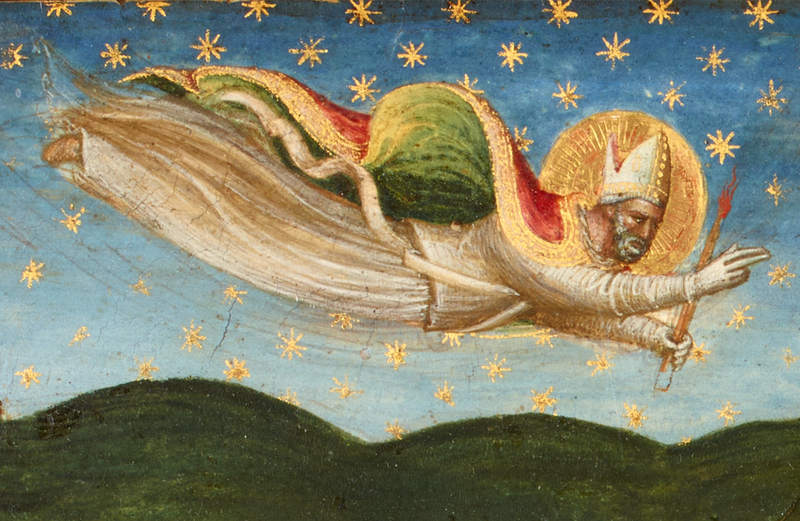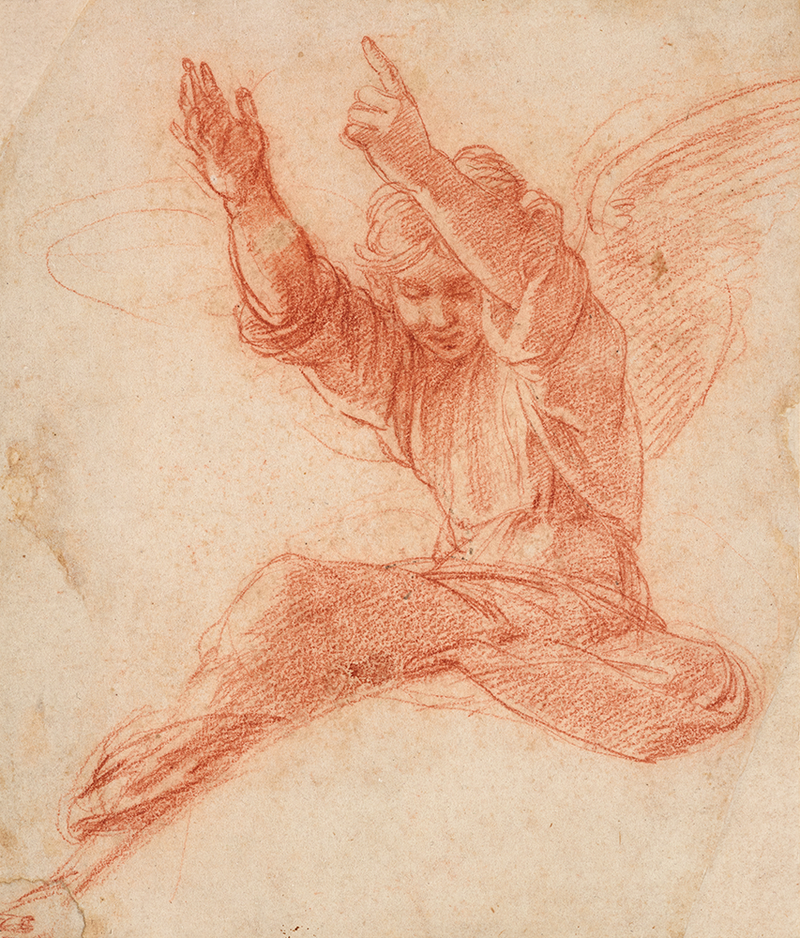2024
I hate Twitter with the white-hot intensity of ten thousand suns. Bluesky is very different: I only hate it with the white-hot intensity of a thousand suns.
Century-Scale Storage: “If you had to store something [digital] for 100 years, how would you do it?”
One year I will do an Advent series on the O Antiphons, but in the meantime: O Oriens, O Earendel.
Continuing my series on family, I reflect on Anita Desai’s novel Clear Light of Day. I’m posting one such meditation per week, to give myself (and my readers) time to think things over.
where does Dasein go when he’s feeling down
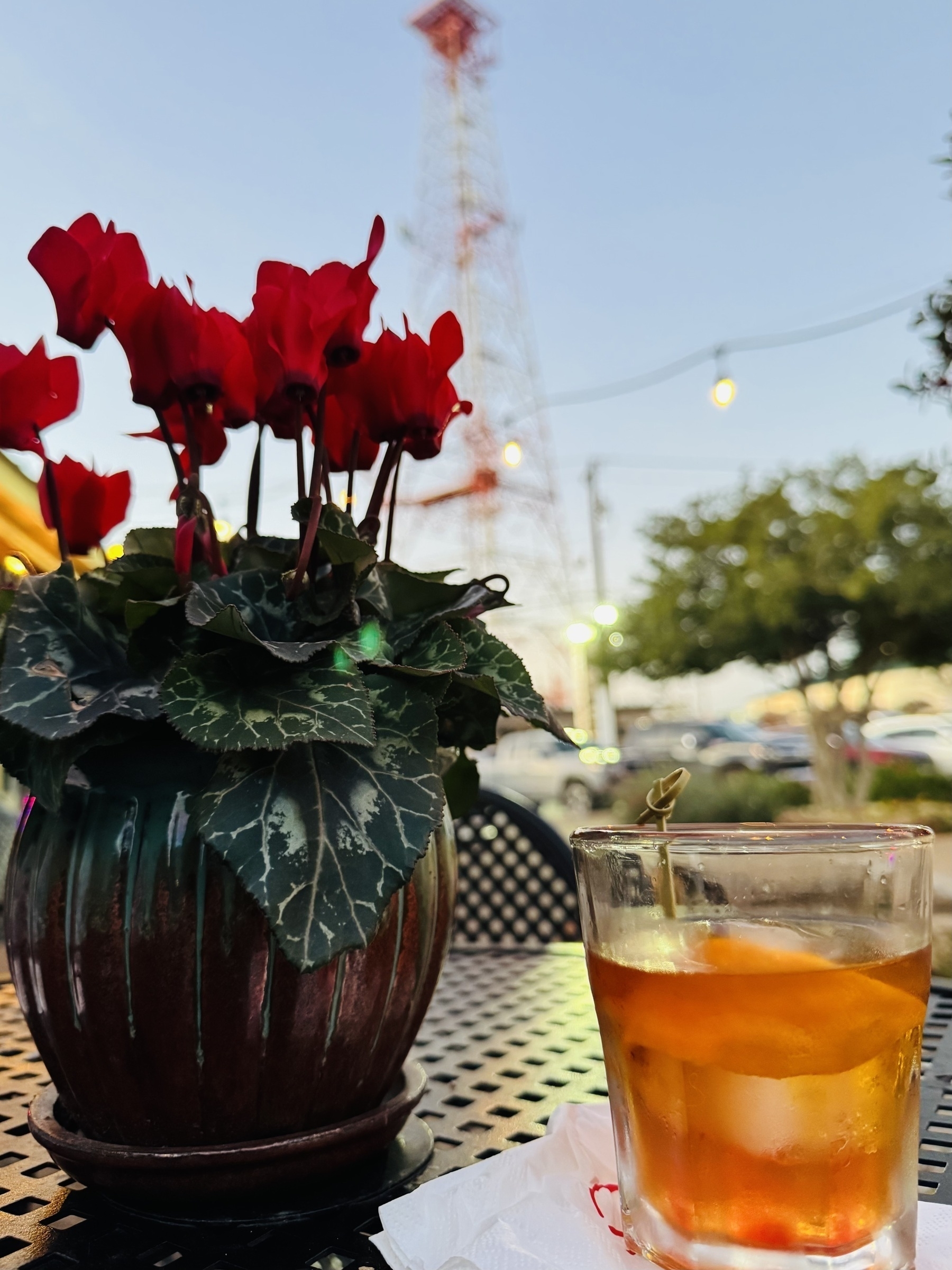
I wrote about the difference between being an influencer and doing a job of work.
Robin Sloan: “Cults: yes. They have been necessary, at all times in all places, for the long-term transmission of art of any/every kind. Maybe the difference, here and now in the short 2020s, is that you need one right from the start.”
In which I explain to Ross Douthat that we cannot make pop culture great again — but that’s okay! There’s good news!
Dennis Overbye is retiring, which mens he has to give up his business card that identifies him as the New York Times Cosmic Affairs Correspondent.
⛩️ View of snow at Benten HIll, Kinryūzan Temple, Asakusa, 1853, by Utagawa Kuniyoshi (1797–1861). Woodblock print. From the Ashmolean’s Advent Calendar. Not very Adventish, but very cool.
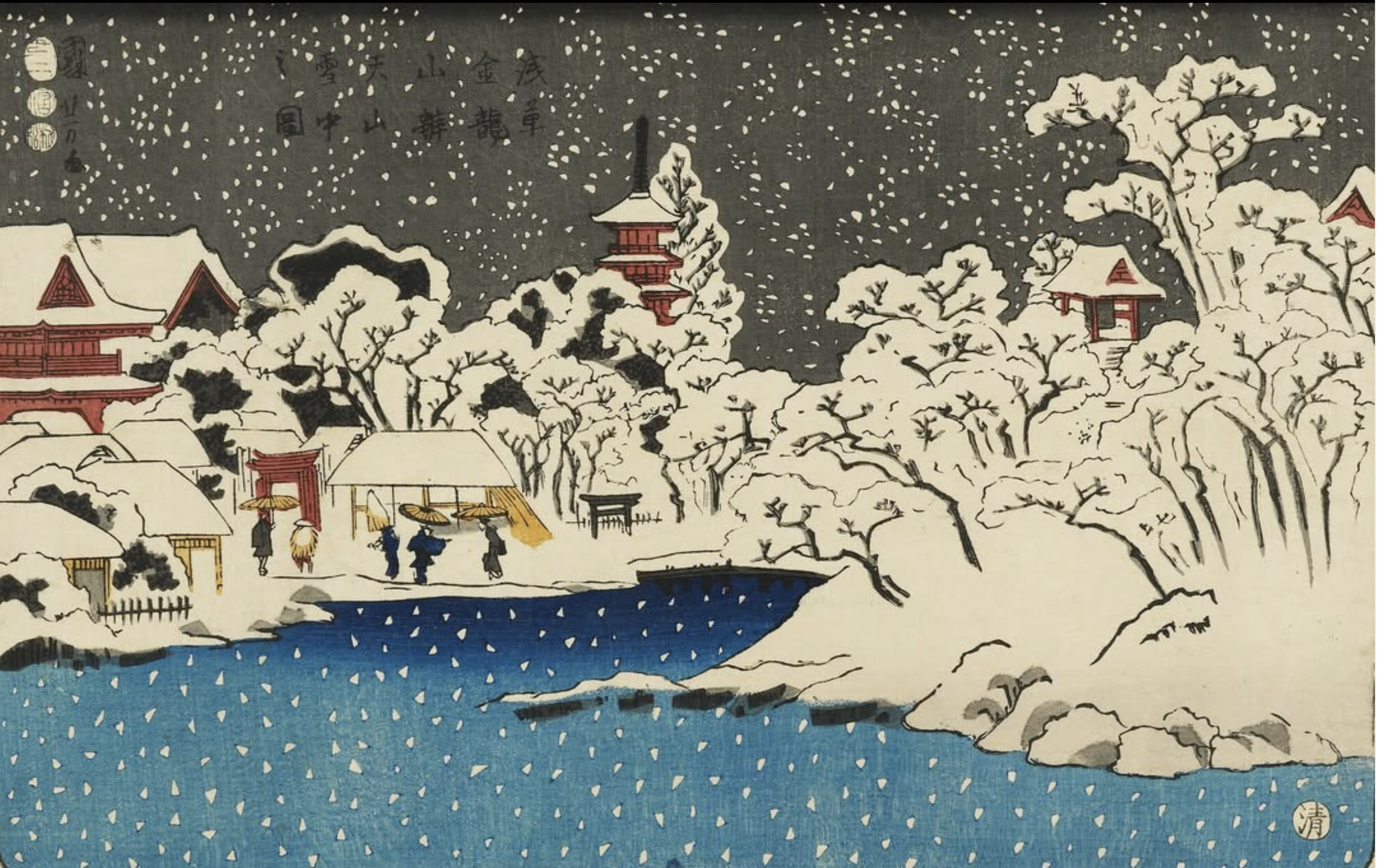
Another Clare Barry piece, this one a stylized image of Oxford’s lovely Botanic Garden.
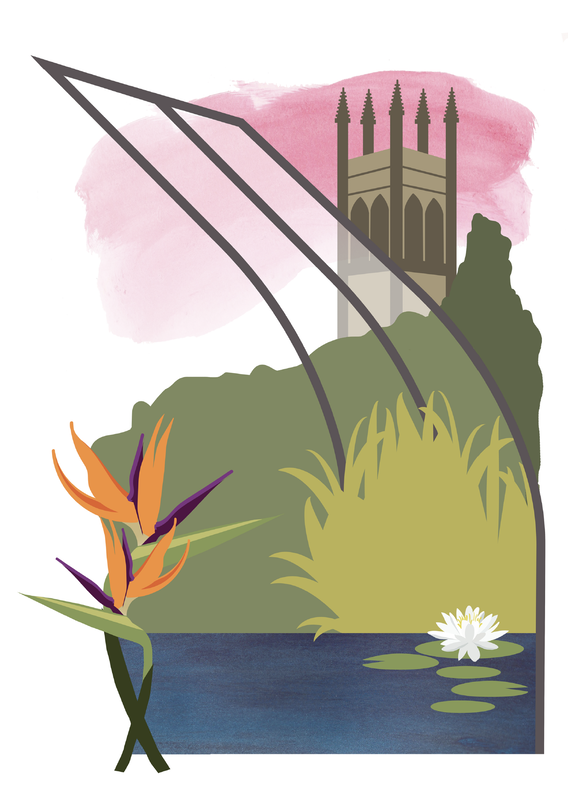
Clare Barry has designed postage stamps for a certain imaginary country.
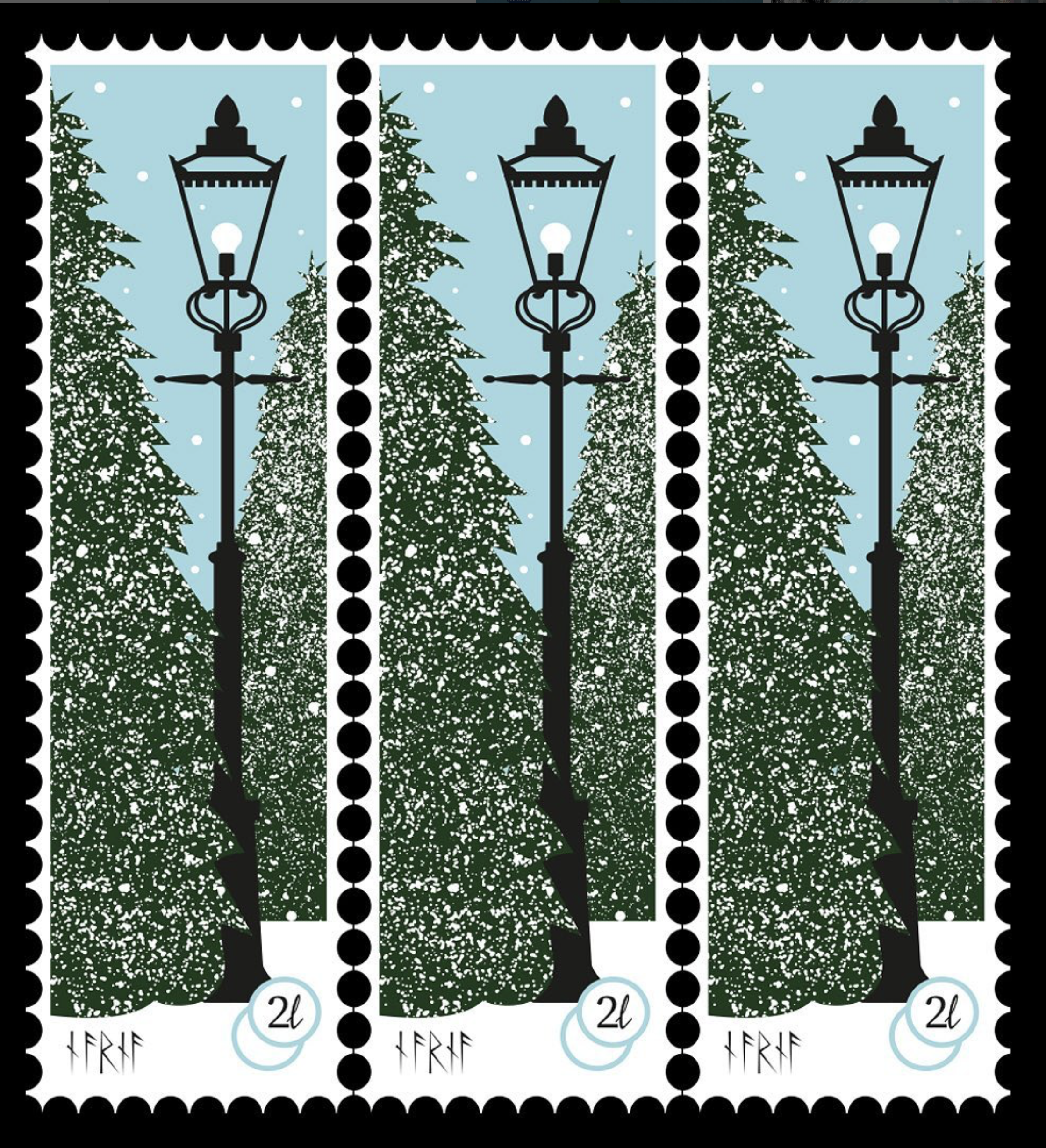
Every night I unplug my Precious Moments-style nativity scene, and every morning I re-inflate it. As it rises up again, often Mary’s headscarf — which is meant to drape over her shoulders and hang down to her waist — gets out of position, sometimes covering her face. I surprise myself by the tenderness with which I set it in its right place, smoothing it down, revealing once more her smiling praying face. But it’s the least I can do for her, considering what she has done for me.
The Chicago Tribune has named my staggeringly talented friend and former colleague Shawn Okpebholo Chicagoan of the year in classical music.
Either Adam Roberts and I happened to be writing about The Mill on the Floss at the same time or he is surreptitiously arguing with me.
I’m continuing my meditations on family with a post on The Mill on the Floss.
Umberto Eco (1999):
But what I really want to talk about is beans, and not just beans but also peas and lentils. All these fruits of the earth are rich in vegetable proteins, as anyone who goes on a low-meat diet knows, for the nutritionist will be sure to insist that a nice dish of lentils or split peas has the nutritional value of a thick, juicy steak. Now the poor, in those remote Middle Ages, did not eat meat, unless they managed to raise a few chickens or engaged in poaching (the game of the forest was the property of the lords). And as I mentioned earlier, this poor diet begat a population that was ill nourished, thin, sickly, short and incapable of tending the fields. So when, in the 10th century, the cultivation of legumes began to spread, it had a profound effect on Europe. Working people were able to eat more protein; as a result, they became more robust, lived longer, created more children and repopulated a continent.
We believe that the inventions and the discoveries that have changed our lives depend on complex machines. But the fact is, we are still here — I mean we Europeans, but also those descendants of the Pilgrim Fathers and the Spanish conquistadors – because of beans. Without beans, the European population would not have doubled within a few centuries, today we would not number in the hundreds of millions and some of us, including even readers of this article, would not exist.
